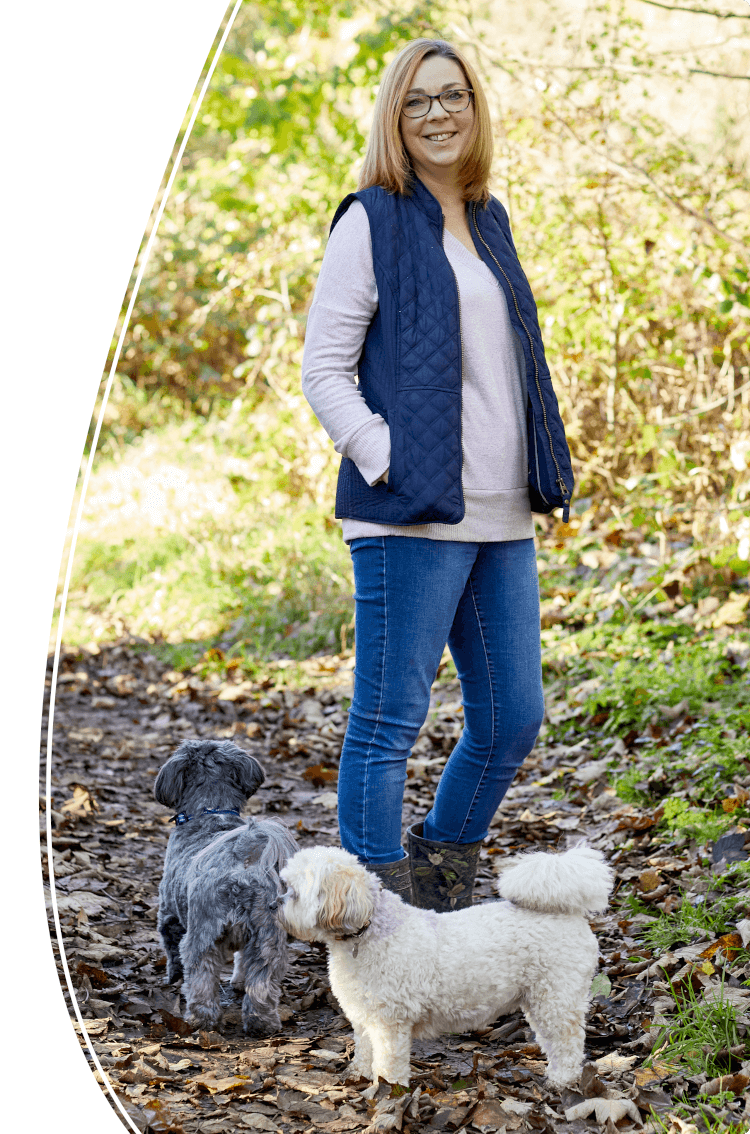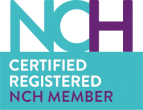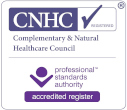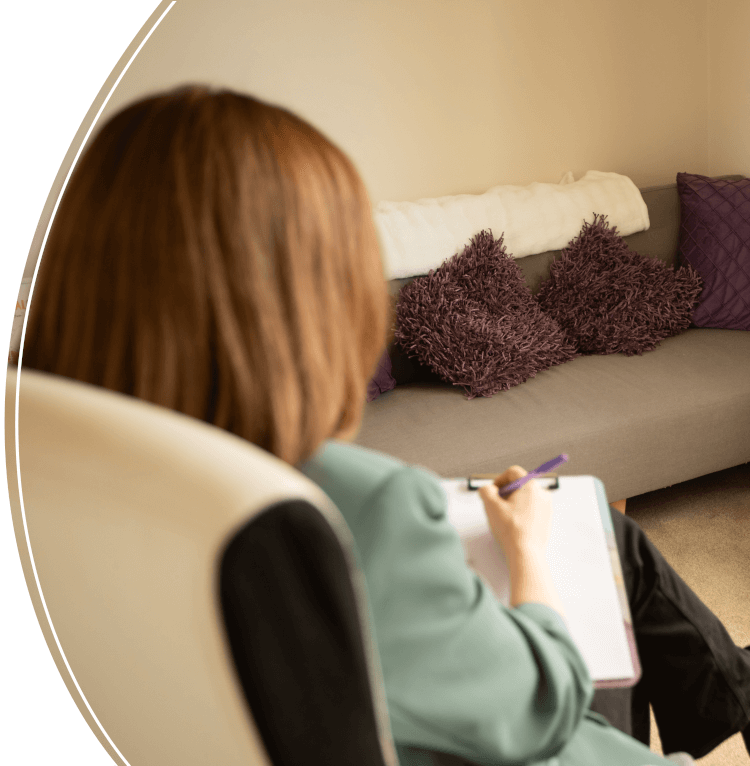Self-care and self-kindness: rewiring your brain for confidence and wellbeing

Why being kind to yourself matters
Many if us are quick to show kindness to others but can struggle to extend that same gentleness to ourselves. Yet self-care is not a luxury; it’s vital for your health, wellbeing, and confidence.
Practising self-kindness has profound effects on your brain and body, helping you manage stress, build resilience, and strengthen your sense of self-worth.
The neuroscience of negative self-talk
Your inner voice shapes your brain and negative self-talk can:
- Activate the amygdala, the fight/flight/freeze part of the brain, triggering stress and anxiety.
- Strengthen neural pathways for self-criticism.
- Reduce dopamine and serotonin, two of the brain’s natural ‘happy hormones’.
- Undermine self-esteem, affecting confidence and overall wellbeing.
The more we repeat self-critical thoughts, the stronger these pathways become. The brain literally gets better at being harsh on itself. A bit like a snowball rolling down a hill, gaining momentum and growing in size!
You can, with intentional practice, retrain your brain and help change these neural pathways to support self-kindness, calm and confidence.
How self-care and kindness rewire the brain
Kindness starts with you. Here’s how some simple, consistent practices can make a real difference:
- Gratitude: Taking time to notice the positives in your life boosts dopamine and serotonin, reinforcing your brains happiness circuits.
- Gentle mindset shifts: Pausing before reacting, reframing “I have to” and “I get to” and reminding yourself “this is just a moment” helps calm the nervous system and strengthens balanced thinking.
- Self-kindness: Speaking to yourself as you would a friend lowers stress hormone activity, eases amygdala activation, and builds confidence.
Every small act of self-kindness strengthens the brain’s pathways for calm, balance, and resilience.
Negative self-talk and its impact on your confidence
Persistent negative thoughts can:
- Lead to self-doubt and avoidance of opportunities.
- Trigger overthinking, worry, and constant comparison with others.
- Keep you trapped in stress, anxiety, and “I’m not enough” thinking.
Neuroscience shows these patterns aren’t just mental, they’re physical, shaping your brain’s neural pathways. The more you repeat them, the stronger and more automatic they become.
By practising self-kindness and mindset shifts, and with support such as Solution Focused Hypnotherapy, you can:
- Calm the nervous system when your pesky inner critic is loud.
- Replace unhelpful thoughts with empowering, supportive ones.
- Strengthen confidence, resilience, and a sense of control.
Practical self-kindness tips you can start today
- Notice your self-talk: Observe when your inner voice becomes pesky and turns critical.
- Pause and reframe: Ask yourself “would I say this to a friend?”.
- Daily gratitude: Write down 3 things you’re grateful for each morning and/or evening.
- Self-kindness reminders: Speak gently to yourself; give yourself permission to rest without feelings of guilt.
- Consider support: Solution Focused hypnotherapy can help retrain thoughts patterns efficiently.
Prioritise self-care
Practising self-care and self-kindness is essential for your confidence, self-esteem, and overall wellbeing. The brain responds to the way you treat yourself, so every small act of self-kindness strengthens pathways for calm, balance, and resilience.
I’m encouraging you to start today. Pause, breathe and offer yourself the kindness you deserve.
When you prioritise your self-care and practise self-kindness, it can be incredibly empowering. Enabling you to make those positive changes to your life. One gentle meaningful act of self-kindness at a time, you can find your inner freedom from what’s holding you back and regain your balance and believe in yourself again.
You can read more on my Low Self-Esteem and Confidence page Hypnotherapy for Confidence in Nottingham – Katie Deacon or contact me for a free 45 minute consultation by email at katie@katiedeacon.co.uk.
More Blog Articles







